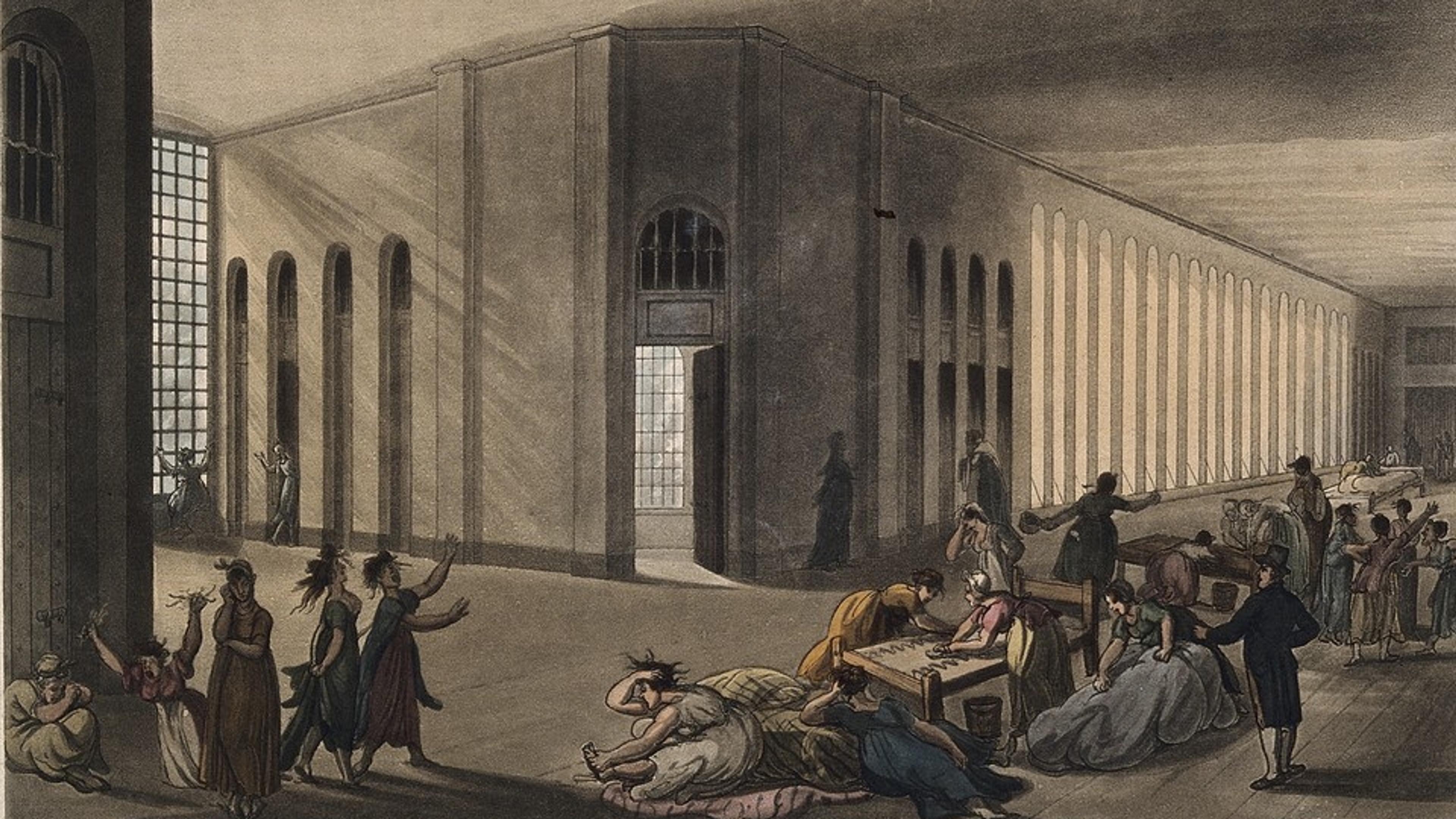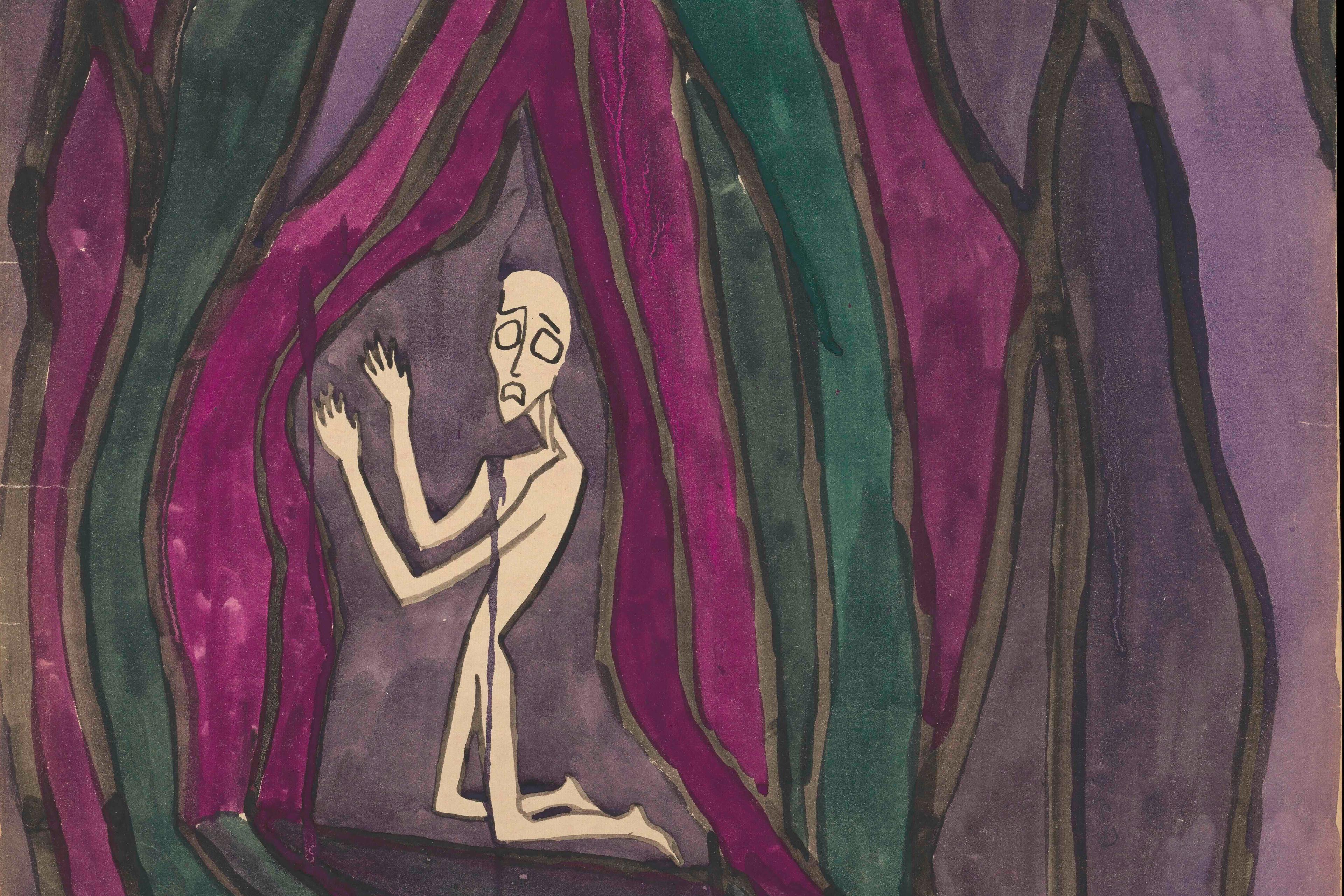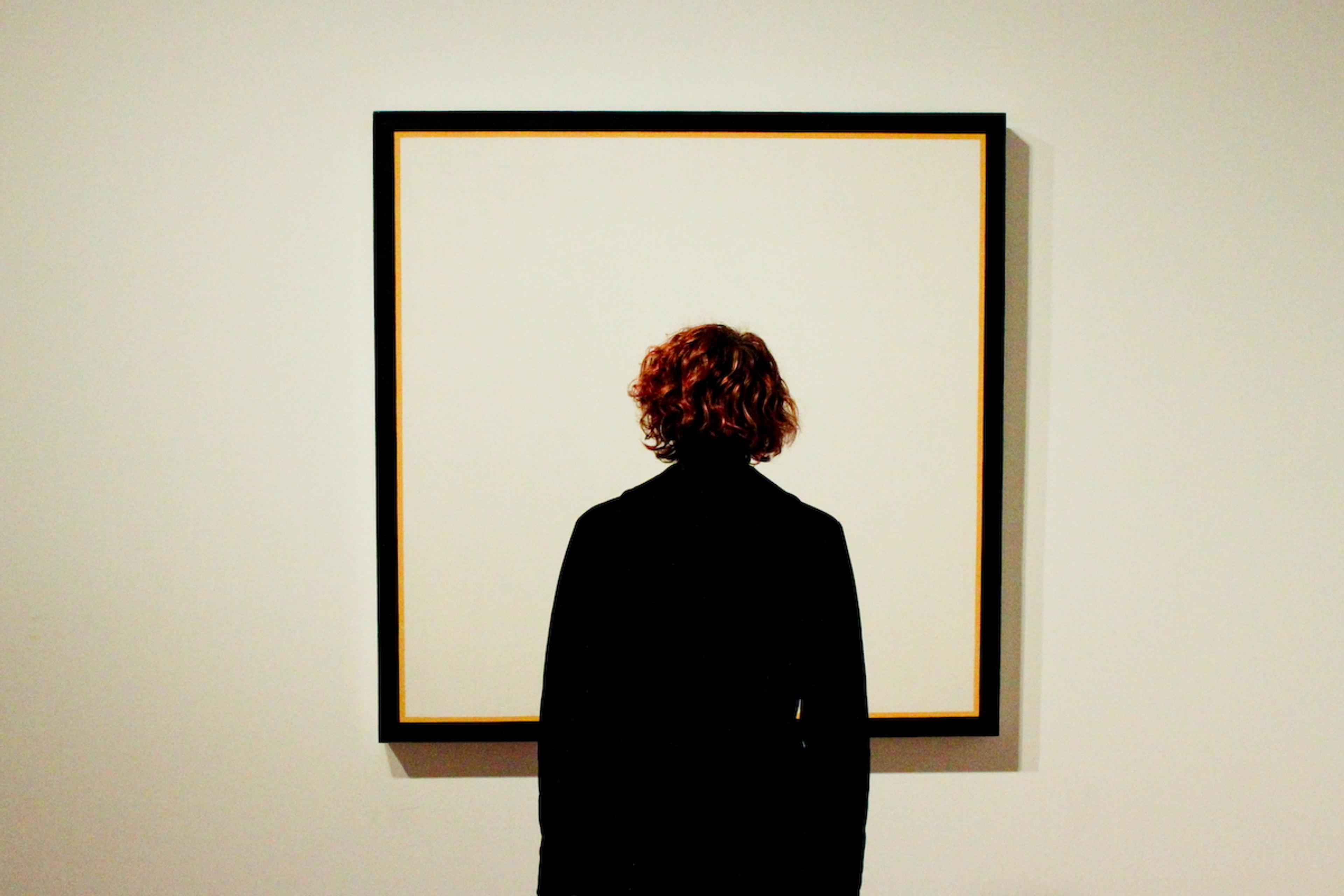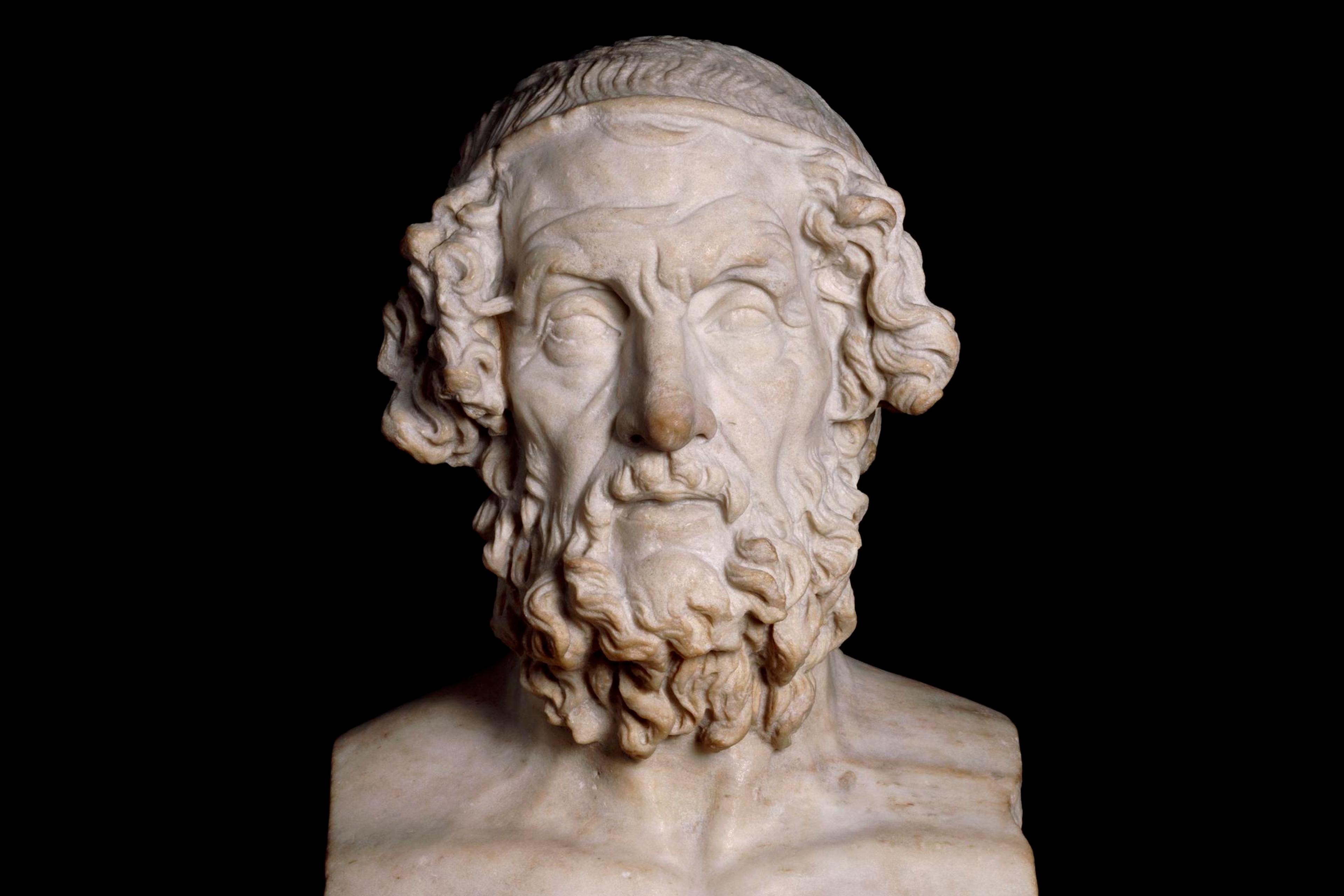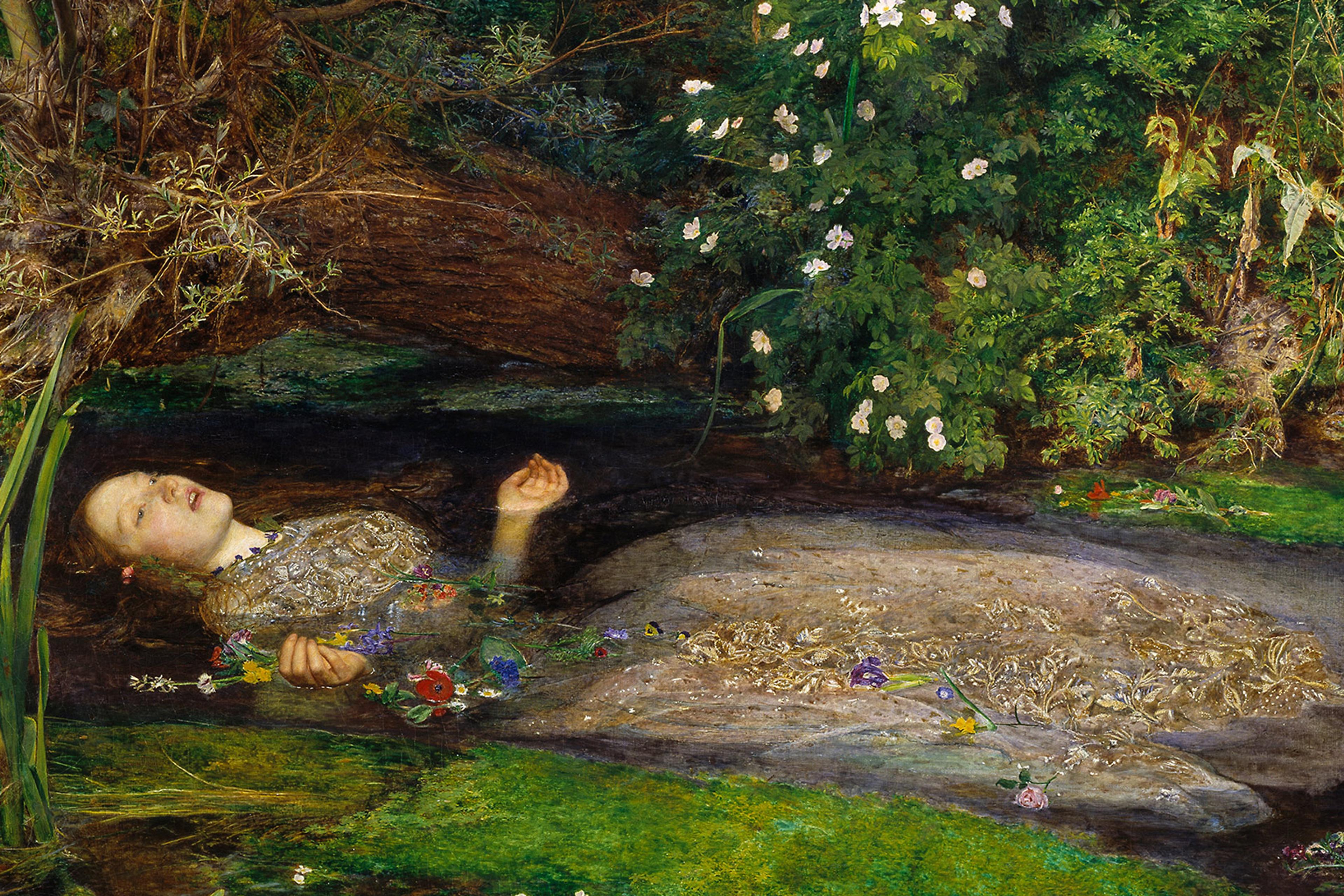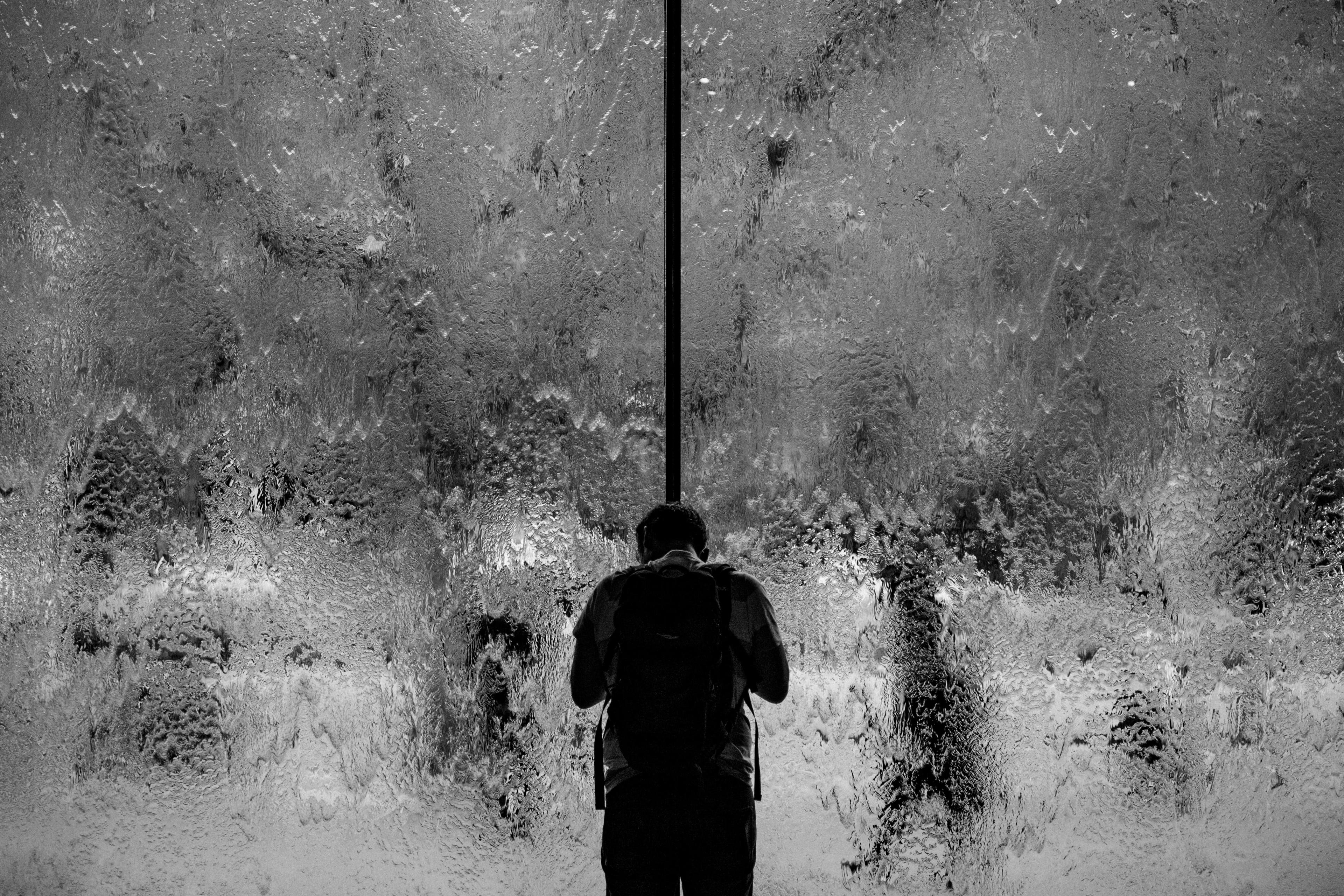‘True mental health consists in a perfect recollection of the past.’ This is the opening line of Arthur Schopenhauer’s chapter ‘On Madness’ in the second volume of his masterpiece The World as Will and Representation (2nd ed, 1844). Considered in isolation, it’s a surprising and questionable claim. A good recollection of the past is desirable, obviously, but a perfect recollection might be unhealthy in its own way. Many things are worth forgetting, after all. And anyway, desirable or not, there has to be more to mental health than total recall.
So how did Schopenhauer arrive at this conclusion? And what does he really mean?
The story begins in 1811, the year that Schopenhauer turned 23 and enrolled at the University of Berlin. He arrived with high hopes of learning directly from some of Germany’s greatest living philosophers, but he was soon disappointed. The lectures of the esteemed Johann Gottlieb Fichte, self-styled heir to Immanuel Kant, Schopenhauer described as ‘manure’.
One of Fichte’s remarks especially vexed him. Fichte, according to Schopenhauer, taught that, while genius is divine, ‘madness’ is animal in nature. Schopenhauer suspected that the matter was more complex, and even that the contrary could be true: rather than being opposed, genius and ‘madness’ might be connected.
To satisfy his curiosity, Schopenhauer did something extraordinary for a philosopher but quite in keeping with his own character: he went and had a look for himself. In the winter of 1812, Schopenhauer visited residents in the psychiatric wing – or the ‘melancholy ward’ – of Berlin Charité hospital. And not just once; he made a regular habit of it.
The residents whom he met were indeed afflicted, impaired and vulnerable but, pace Fichte, not sub-human. Some, in fact, were quite capable of engaging Schopenhauer in conversations that would make a lasting impression on his thinking about mental health and illness.
This is not to say that Schopenhauer managed to transcend all the assumptions of his day. While the opening line of ‘On Madness’ shows that Schopenhauer had a concept of mental health (Gesundheit des Geistes), it is, after all, a chapter on the topic of ‘madness’ (Wahnsinn) and ‘insanity’ (Verrücktheit). Apart from being crude, catch-all terms that included psychosis, depression, phobia, learning disabilities, dementia and more, this is language loaded with derogatory connotations that has no place in today’s psychology. The words ‘mad’ and ‘insane’ are used in this essay only because Schopenhauer used them. Still, as a result of seeking out first-hand acquaintance with people who lived with these conditions, Schopenhauer moved away from the overtly dehumanising comparison that he claims Fichte made.
Not every interaction disproved Fichte’s thesis, however. There was, for example, ‘a weak-minded’ 11-year-old boy to whom Schopenhauer paid multiple visits in an asylum. His account of these visits first appears in a sheet of manuscript notes written in 1814, but it was published in the first volume of The World as Will and Representation (1818) as follows:
He was rational (since he could both speak and understand) but had a less developed understanding than many animals. Every time I visited he would stare at a monocle I wore around my neck: it reflected the windows of the room and the tops of the trees so that they appeared to be behind my neck. This he regarded with great surprise and joy every time I was there, and looked at the glass with unwavering astonishment: he could not understand the absolutely immediate causality of reflection.
In his notes Schopenhauer adds that the boy, unable to understand that the image was caused by a reflection, never turned to look out of the window and see the trees themselves.
Schopenhauer deemed this boy not insane but merely ‘stupid’. Stupidity, according to Schopenhauer, is a failure to understand causation – or, in other words, why things are the case. Since some animals show an understanding of causation (a few of them might even understand the causality of reflection), Schopenhauer makes the same dehumanising comparison for which he criticised Fichte. Notice, however, that Schopenhauer takes the boy’s ability to speak, and therefore understand concepts, as evidence that the child was nonetheless rational.
In contrast to the boy’s ‘stupidity’, which he conceived as an underdeveloped faculty of understanding, Schopenhauer conceived of madness in terms of the faculty of reason. Once again, however, he found no reason to think that insane people lack this faculty altogether. On the contrary, in conversation they appeared ‘astonishingly rational’ in their ability to speak, comprehend, judge and conclude. Instead, he wonders in his notes, ‘Might not madness consist in the will having lost causality concerning cognition? Consequently, might not madness be a mere derangement of memory?’
In other words, insane people, in Schopenhauer’s experience, appear to have lost, not reason itself, but rather wilful control over reason. They were perfectly capable of having and communicating abstract thoughts, especially in response to their present surroundings, but they struggled to call up or cast out these thoughts at will.
It might strike us as odd that Schopenhauer identifies this general control over our thoughts with memory specifically. What he meant, however, is that this lack of control compromised the ability of insane people to bring their past experience to bear on their present thinking.
But the story doesn’t end here. Schopenhauer changed his mind, once again in response to his own observations. In notes from 1816 – still two years before the first volume of The World as Will and Representation would be published – he writes: ‘I thought for a long time that madness was really only a disease of the memory; this, however, is not so, for many insane people have good memories.’ He simply couldn’t deny that some insane people can control the coming and going of their thoughts at will.
The considered view at which Schopenhauer finally arrives, the view that is found in the early and late volumes of his published works as well as his notes, is a modification of his theory based on memory, rather than an abandonment or reversal. He settles on the view that madness is ‘the torn thread of memory’.
On this view, insane people are able bring thoughts of past experience to bear on their present thinking, but the contents of these thoughts, according to Schopenhauer, often misrepresent their past experience. The thoughts of insane people, he found, contained gaps, muddles or even fictions about their own personal history. ‘It is so difficult to ask a mad person about his earlier life,’ Schopenhauer reports. ‘The true and the false become increasingly blended in his memory.’
Schopenhauer speculated on what causes the thread of memory to tear in this way. His explanation revolves around our unwillingness to commit painful and hostile experiences to memory. This unwillingness is perfectly normal; the process of assimilating negative experiences is not easy and pain-free for anyone. But for some, the process is just too painful to carry out at all, so instead they resist and refuse those memories, leaving significant holes in their recollection, or else filling it with fantasies.
He doesn’t give many details about what kinds of painful experience might precipitate madness, but the few examples Schopenhauer does provide suggest it could be almost any kind. One example shows just how slight the pain might be: ‘I remember a person in a madhouse who had been a soldier and went mad because his officer addressed him in the third person’ (ie, ‘er’, a form of address used for inferiors). At the other end of the spectrum, Schopenhauer gives the fictional example of a doomed love affair that can end only in a double suicide (think Romeo and Juliet) ‘unless nature saves the life by allowing madness to enter, which then wraps its veil around the consciousness of that hopeless state’. In cases like this, the descent into madness arrests us before our painful passions drive us to self-destruction.
For the sake of self-preservation, then, the thread of memory isn’t torn so much as cut. Here Schopenhauer sounds ahead of his time, writing decades before Sigmund Freud’s theory of repression. And indeed, Schopenhauer presages Freud’s theory when he says: ‘if … certain events or circumstances are fully repressed from the intellect because the will cannot bear the sight of them, and if the gap that then arises is patched up with some invention due to the need for coherence – then there is madness.’
Farsighted as it might be, Schopenhauer’s theory is not without its own blind spots. As it develops, it acquires a narrow focus on disordered thinking, which in a couple of places he formulates as a simple statement: ‘madness distorts thoughts’. He brushes aside experiences or behaviours with which he otherwise might have characterised madness. Perceptual distortions, such as visions and hallucinations, are the manifestations of physical ailments, he claims, and not psychopathologies strictly speaking. They can be found in insane people, but they are incidental to their insanity. He does acknowledge rage, frenzy, fury and mania as kinds of madness, but to account for this he has to go outside of his theory based on memory, and instead argue that in these cases the will has usurped cognition altogether, becoming ‘a powerful natural force unleashed’.
It’s not hard to see why Schopenhauer came to consider what he calls madness as what we might call a cognitive disorder, given his method of enquiry. His theory was shaped by meeting people who lived with the condition, and ideally speaking with them. The cognitive faculties of the people he met must have been sufficiently intact to make this possible, and yet dysfunctional enough (for the times) to warrant them living where he found them – in hospitals and asylums. As the conversations went on, and their disordered thinking was revealed, it would be only natural to conclude that this is where their problems originate.
How might all this work as a rebuke to Fichte’s thesis that madness is bestial and genius god-like? Schopenhauer claims to have observed the opposite: ‘in frequent visits to madhouses I have found individual subjects with unmistakably great talents, whose genius was clearly visible through their madness.’ He often remarks that madness and genius have in common an absorption in the present moment, although in the case of madness this is caused by the torn thread of memory, whereas in genius it’s the preternatural ability to perceive the timeless essence of things rather than their temporary manifestations.
And yet, Schopenhauer provides no specific details about the signs of genius he observed. Instead, he resorts to fictional examples of insane insightfulness, such as King Lear or Ophelia, ‘because the creations of authentic genius … are just as true as real people’.
To find the humanity that survives madness, we have to look elsewhere in Schopenhauer’s enquiry. At no stage was he caused to doubt a finding he made as early as 1814: ‘Often when observing the insane I do not find that their faculty of reason or that their understanding is afflicted, least of all that with them the best in man suffers.’ The people who met with Schopenhauer had not lost the faculties that made them human. Instead, he concluded, they had ceased to use those faculties to memorise their past experiences. They had lost themselves, and through losing themselves they had loosened their grip on reality past, present and future.
Reliable memory of one’s past, by contrast, is the ‘perfect recollection’ in which mental health consists – not remembering everything, of course, but remembering who you are.
